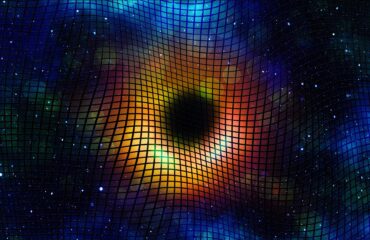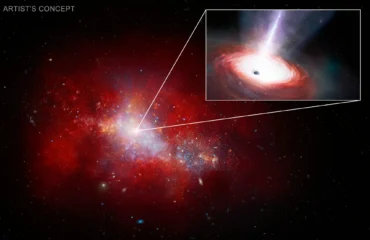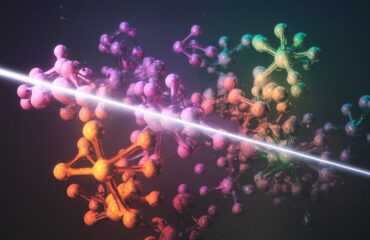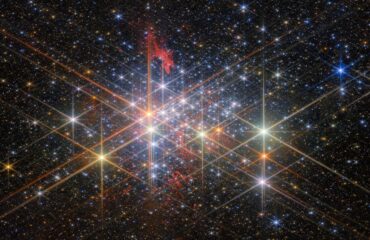New Technologies Bring Us Closer to Communicating With Animals. Will the Experience be Humbling?
If we could learn to speak dog, elephant, or any of the vast array of sounds that animals communicate with, how would our perception of life change? Machine learning could soon help answer the question, as algorithms enable scientists to detect patterns and meaning in animal sounds. The studies of bioacoustics and ecoacoustics, and technologies like passive acoustic localization, have already led to important discoveries. As science comes closer to cracking the code of animal language, will legal and ethical systems respond to preserve nature, recognize animal intelligence, and prevent human manipulation?









